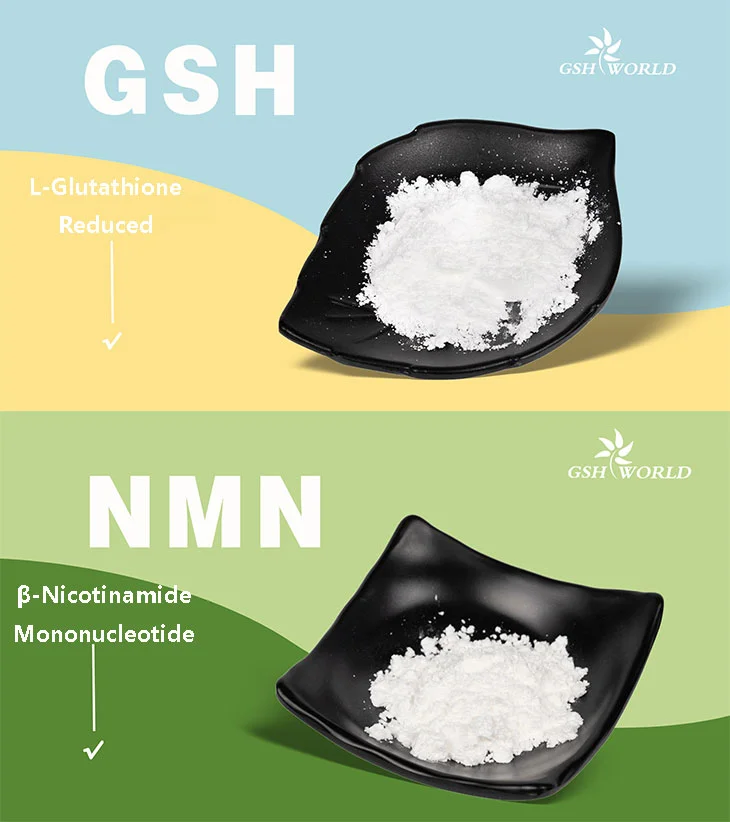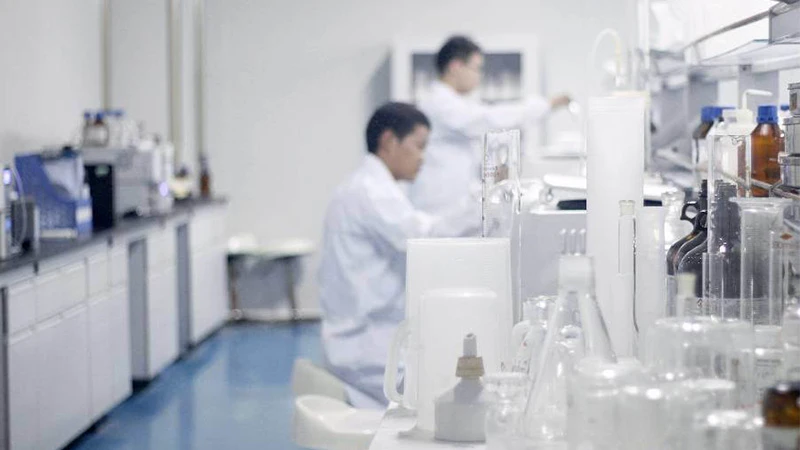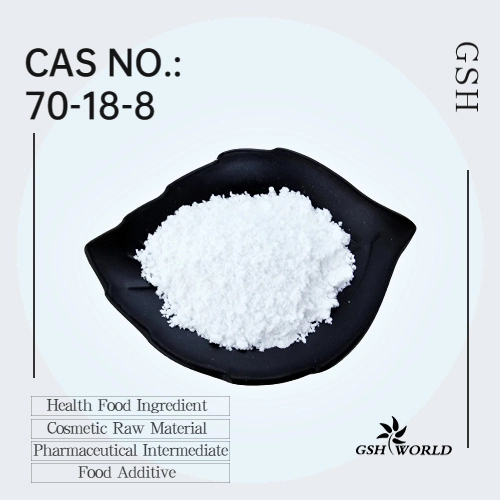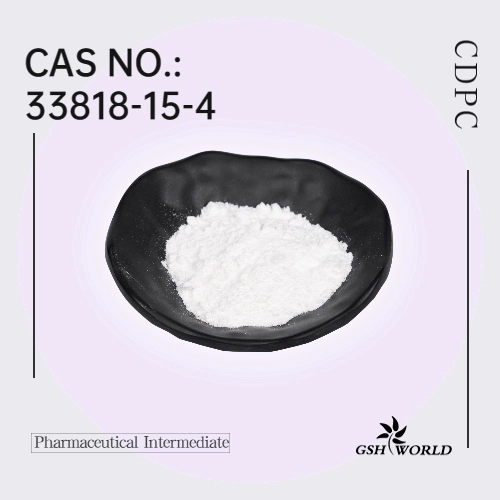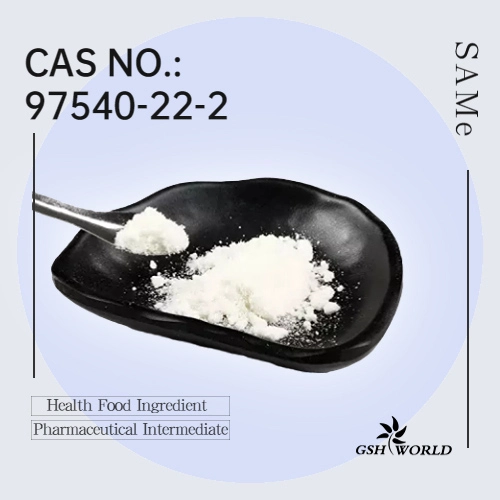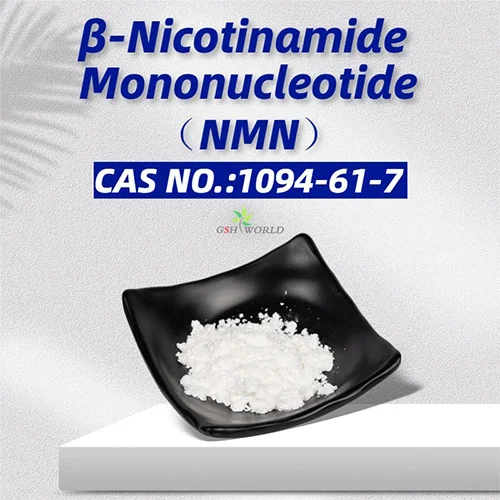NMN Applied Research
NMN is β-Nicotinamide Mononucleotide, which is a kind of vitamin B3 (nicotinamide). The structure of NMN can be divided into α and β isomers, of which only β-NMN is a naturally occurring form with biological activity.
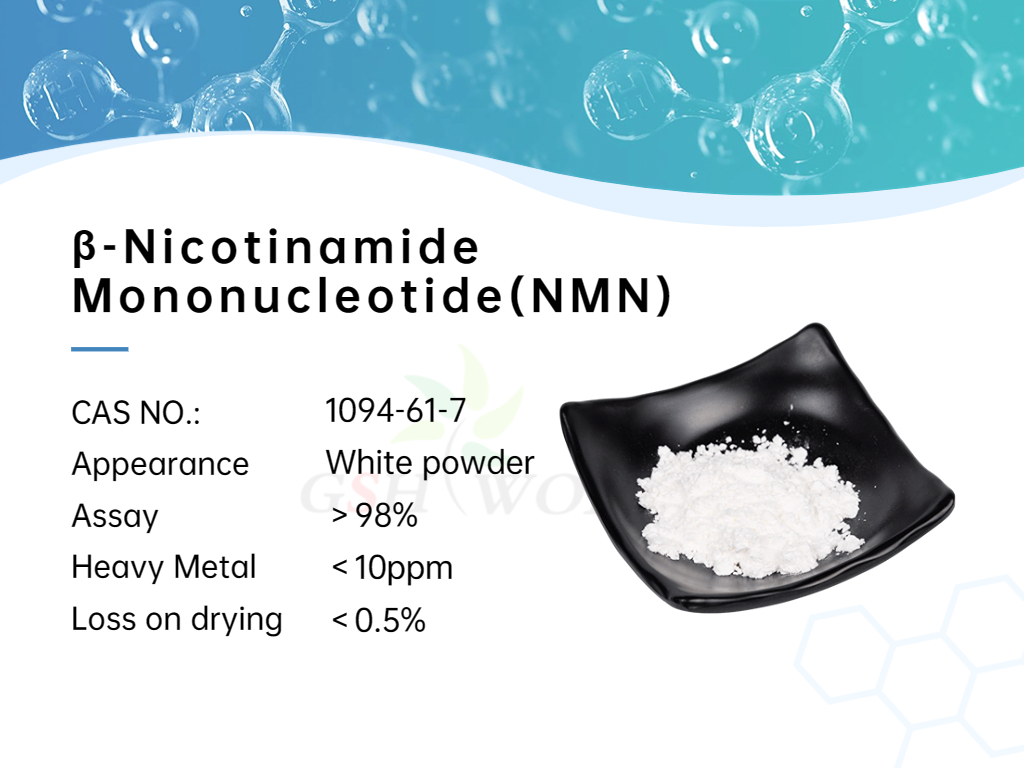
NMN Applied Research
1. Synthesis of NAD+
In 2013, a research team led by Professor David Sinclair of Harvard Medical School proved through experiments that after oral administration of NMN in 22-month-old mice for a week, the NAD+ level in the body increased, and key biochemical indicators related to mitochondrial homeostasis and muscle function were restored. To the state of young mice equivalent to the age of 6 months, the research results were published in the journal Cell.
In 2012, Dr. Yoshino J, Department of Developmental Biology, Washington University School of Medicine, and others found that intraperitoneal injection of NMN can promote NAD biosynthesis in mice and enhance insulin sensitivity or insulin secretion to improve impaired glucose tolerance, which is diet and age-induced T2D effective interventions for type 2 diabetes.
2. Activate SIRTUINS longevity protein
Sirtuins are a family of NAD+-dependent deacetylase proteins that play major regulatory roles in almost all cellular functions, affecting physiological processes such as inflammation, cell growth, circadian rhythm, energy metabolism, neuronal function, and stress resistance.
In 2019, Professor Kane A E of the Department of Genetics of Harvard Medical School and others found that NMN is an important precursor of NAD+ synthesis in vivo. ) are achieved by activating Sirtuins.
3. Repair DNA damage
PARPs (poly ADP ribose polymerase) are DNA repair enzymes that are located in the nucleus and can catalyze DNA repair under stress conditions. NMN is an important substrate of PARPs in biological cells. In 2017, a research team led by Professor David Sinclair of Harvard Medical School discovered the mechanism of NAD+ repairing DNA damage. With age, NAD+ levels gradually decline, and the DNA repair enzyme PARP1 is increasingly combined by DBC1 (deleted breast cancer factor 1) to form the PARP1 DBC1 complex, which prevents PARP1 from repairing damaged DNA. Elevating NAD+ levels interferes with PARP1 DBC1 complex formation, thereby restoring the DNA repair activity of PARP1. A week after oral administration of NMN to aged mice exposed to radiation, a reduction in DNA damage was found. The research results were published in the journal Science.
4. Promote metabolism
In 2019, a study by Professor Nina Klimova of the University of Maryland School of Medicine and others found that intraperitoneal injection of NMN significantly increased the level of mitochondrial NAD+ in the hippocampus of experimental mice, and the level of energy molecule ATP in brain tissue increased, thereby improving the body's bioenergy metabolism. In addition, NMN can also increase the activity of antioxidant enzymes in mitochondria and reduce the production of reactive oxygen species.
5. Enhance blood vessel vitality
In 2018, a research team led by Professor David Sinclair of Harvard Medical School found that 18-month-old mice were given NMN orally for two months, and the number and density of capillaries returned to the level of young mice. Dissolved oxygen levels also increased, and the exercise tolerance of aged mice increased by 58%-80%, and blood lactate levels decreased after exercise. The research results were published in the journal Cell.
6. Control your weight
In 2017, the team led by Professor Margaret J. Morris of the University of New South Wales School of Medicine conducted a series of studies on the role of NMN in weight management, and found that for genetically obese mice, both NMN and exercise can reduce obesity and improve glucose tolerance. and improved mitochondrial function. However, NMN seems to have a stronger effect than exercise on hepatic fat catabolism (Hadh) and anabolism (Fasn), possibly because the injection of NNM increases NAD+ levels in the body and activates Sirtuins proteins, increasing hepatic fat catabolism and synthesis metabolism.
7. Promotes Heart Health
The heart is the most important organ of the human body, and maintaining heart function is crucial. In 2014, Dr. Yamamoto T of New Jersey School of Medicine and others showed that intraperitoneal injection of NMN in mice could significantly increase the level of NAD + in the heart and prevent the decrease of NAD + during ischemia. NMN protects the heart from ischemia-reperfusion injury.
8. Boosts Brain Health
Neurovascular dysfunction can cause early vascular and neurodegenerative cognitive impairment. Risk factors such as diabetes, middle-aged hypertension, middle-aged obesity, lack of physical activity, and smoking are all associated with vascular dementia and Alzheimer's disease, and maintaining neurovascular function is of great significance for preventing neurodegenerative diseases. In 2019, Dr. Tarantini S of the University of Oklahoma Health Science Center and others found that intraperitoneal injection of NMN had a significant protective effect on the brain microvessels of aging mice. Neurovascular coupling (NVC) responses in the murine cortex, which may contribute to improved cortical function.
9. Improves Insulin Sensitivity
Insulin resistance (Insulin Resistance IR) refers to the decreased sensitivity of the target organ of insulin action to insulin action, that is, a state in which normal doses of insulin produce lower than normal biological effects. Insulin sensitivity describes the degree of insulin resistance. The lower the insulin sensitivity, the less effective a unit of insulin is and the less it breaks down sugars. One of the reasons for type 2 diabetes is low insulin secretion; the other is low insulin sensitivity.
In 2016, Dr. Kelly L. Stromsdorfer of Washington University School of Medicine and others found that NAD+ levels decreased in fat tissue of obese mice and aged mice, which was associated with severe insulin resistance in multiple organs. Adding NMN to the drinking water of mice whose inactivation of specific enzymes leads to insulin resistance and feeding mice can reverse insulin resistance and reduce the concentration of free fatty acids in plasma.
*Special note - This article is for informational purposes only and cannot replace a doctor's treatment diagnosis and advice. It should not be regarded as a recommendation or proof of efficacy of the medical products involved. If it involves disease diagnosis, treatment, and rehabilitation, please be sure to go to a professional medical institution to seek professional advice.
by GSHWORLD
GSH Bio Tech is China Biological API Manufacturer. China NMN Supplements powder suppliers & best NMN benefits raw material Factory.


